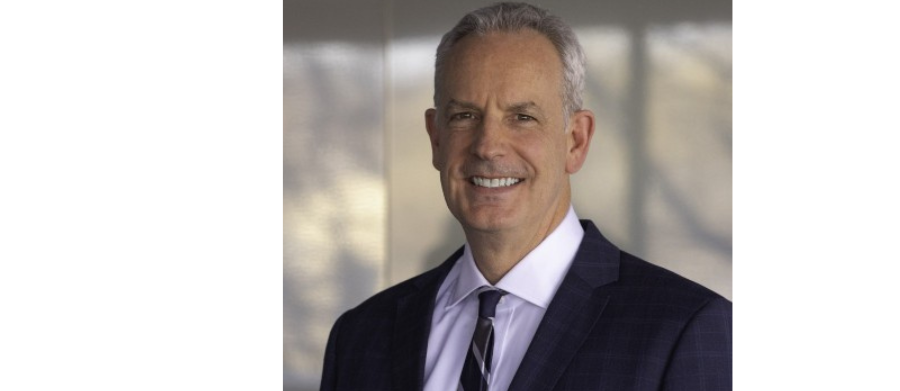In episode 347, host Mike Petrusky speaks with John Mackay, CFM, Senior Director of Sales & Business Development and Lauren Ross, NCIDQ, LEED AP, CAFM Manager at Aleto, Inc. They share their insights into matching workplace strategies with workforce needs and the role of technology in tracking space utilization and occupancy. They then explore the value of data in making informed decisions about space management and explain the importance of open communication and flexibility. Ross talks about how integrated workplace management systems (IWMS) help consolidate information and improve efficiency, and Mackay shares why facility managers need to develop strong interpersonal skills.
Agenda
- Practical advice for facility management (FM) leaders
- Trends in FM and corporate real estate management
- Role of technology and innovation in the FM industry
- Importance of data, communication, and flexibility
What you need to know: Workplace takeaways
Takeaway 1: Data and technology are crucial in modern facility management for making informed decisions and optimizing spaces
Good data plays many roles in making informed decisions.
“Having that data to tell your story and to help you visualize [it] is invaluable, and we need to see the data,” explains Ross. “We need to be able to look at things and make those informed decisions.”
Ross also highlights the importance of using the right technology when working with data: “I still see some clients using Excel spreadsheets, and I’ve seen them tracking their tenants and occupants in PDFs in Adobe Acrobat. So, I think the IWMS is front and center right now. What can we do to help pull all of this information together? It houses your assets, houses your lease. You can have more support tickets. It has so many components.”
Takeaway 2: Innovation and flexibility are essential for facility managers to adapt to the evolving workplace
The role of facility managers is becoming more dynamic, requiring a focus on innovation and flexibility.
“For me in my role now, it’s mostly about leading and removing obstacles,” says Mackay. “It involves really trying to expand the conversation as greatly as possible and open the lines of communication for new ideas.”
Ross emphasizes the need to stay ahead of the curve. “Right now, I’m really focused on trying to stay aware of new technologies and software and the existing ones that are all around us,” she says. “How can we expand on what we’re doing, work smarter, automate workflows, and processes to support our customers and ourselves?”
Both stress the importance of being adaptable and open to new ideas. Mackay: “We all have to be more flexible. I also think it’s important to be truthful, transparent, and honest with ourselves and with our teams and make the effort to identify and then implement what work styles and support structures best support the work that we do.”
Takeaway 3: Collaboration and interpersonal skills are critical for the success of facility management projects
Facility managers need to ask themselves if they’re focusing enough on their interpersonal skills.
According to Ross: “I think the bottom line is we all have to be more flexible … requires great interpersonal skills, and I think that’s an area where younger FMs really have to do a gut check and say, ‘Am I as good kind of a facilitator and maybe in some parts counselor and analyst to make sure that all the pieces do come together in the way they’re supposed to?’”
Her advice: “…set aside time every week, research and learn about something new, something that excites you. And then learn how to communicate and collaborate with your friends and colleagues so that you’re sharing those ideas, and make sure that you’re stretching outside of that box, look for opportunities, and don’t be afraid to take them.”
“We’re living it every day now to the nth degree. I think the key to that is finding what works for you, what motivates you, the things that you’re good at, and then pursuing it with equal doses of passion, but also compassion,” MacKay adds.
Workplace management insights
- Data is important in making informed decisions and understanding space utilization.
- There’s a need for open communication and collaboration to implement industry best practices.
- IWMS plays an important role in consolidating and managing data.
- Facility management requires strong interpersonal skills, including facilitation and communication.
- Industry professionals must stay adaptable and flexible in the evolving workplace environment.
- Both continuous learning and innovation are important in the FM industry.
- Organizations must align the workforce with the workplace to meet organizational goals.
Do a deep dive into more workplace insights by exploring all Workplace Innovator podcast episodes.





